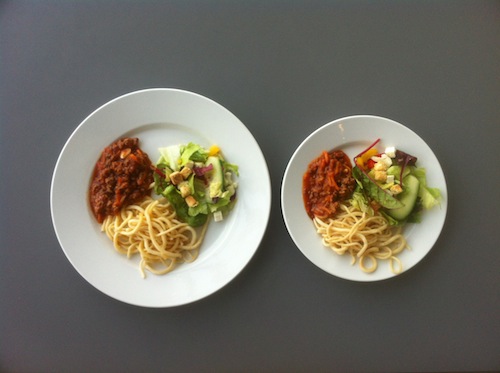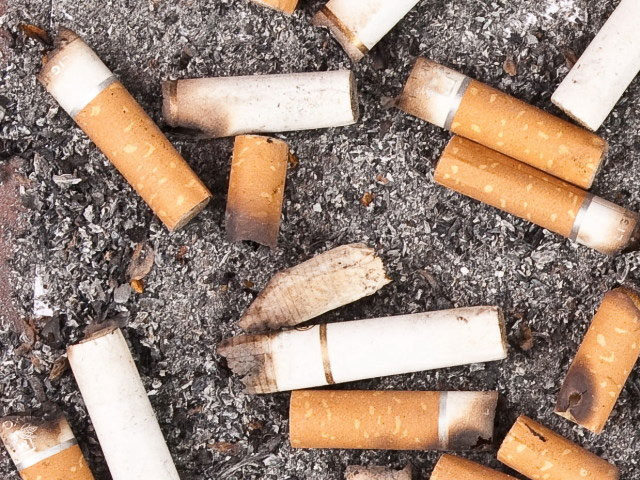
by admin | Oct 29, 2013 | Depression, Weight Loss
Introduction One of the key reasons why the average American eats more than 500 calories per day in 2013 than in 1970 is increased portion sizes. For baby boomers it is really obvious when they think back to the size of popcorn containers sold in movie theaters in...

by admin | Oct 28, 2013 | Natural Facts
Natural products to help kick the smoking habit You’ve heard it before, but to put it simply, if you want good health, you must stop smoking! And the sooner the better. In fact, if you quit smoking now, it’s possible for you to reduce your cancer risk to the same...

by admin | Oct 25, 2013 | Natural Facts
Nutrition isn’t a priority for most teens, even though the onslaught of hormones and stress of a growing body make good nutrition a must for a variety of reasons. Take acne, for instance. While theories about direct dietary influences on acne are controversial,...

by admin | Oct 22, 2013 | Skin Health
How olives, green tea, hyaluronic acid, and silicon can make your more beautiful Radiant and vibrant hair, skin, and nails have long been associated with good health. While most people try and improve the appearance of these tissues from the outside, the real secret...

by admin | Oct 22, 2013 | Exercise
Introduction Watermelon, as its name would imply, is an excellent source of pure water. It use as a medicine has focused on primarily its diuretic effects. New research indicates that drinking watermelon juice is a perfect after workout remedy to reduce muscle...








